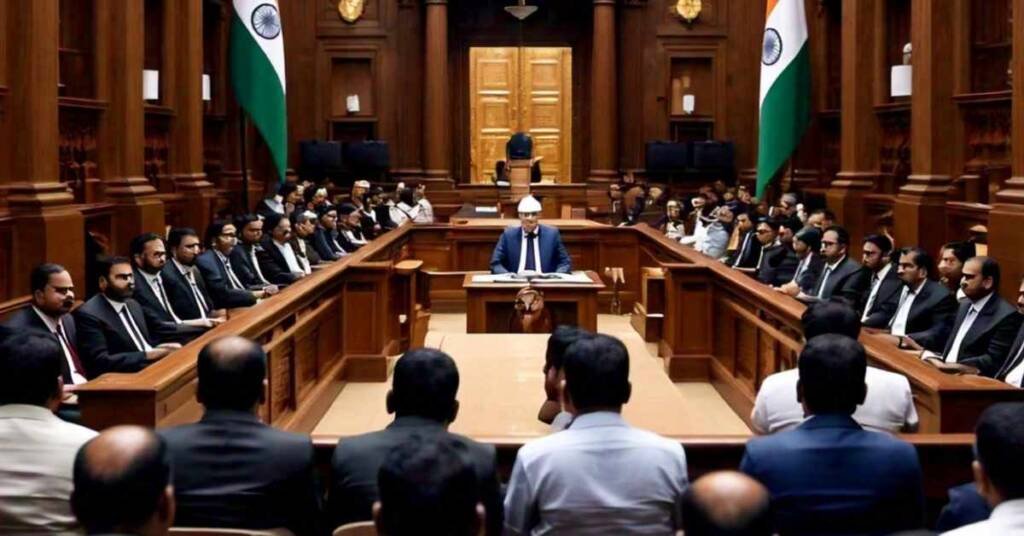The Supreme Court recently gave a historic decision in the “Muslim Waqf Board vs. Jindal Group and Others” case, which is expected to significantly impact the nation’s legal and societal framework.
What was the case about?
In 2010, the Rajasthan government allocated land to Jindal Group for mining. The Waqf Board claimed ownership of the land based on its records. The case eventually reached the Rajasthan High Court and later the Supreme Court.
Why was the Waqf Board’s claim rejected?
The Waqf Board relied on surveys conducted in 1965 and 1995 to assert its ownership. The Supreme Court referred to Section 3(R) of the Waqf Act, 1995, stating:
1.A property can only be considered Waqf if it is donated, used for religious purposes, or granted by the government.
2.Merely recording it in Waqf surveys is not enough.
The Supreme Court further ruled that records of properties transferred before 1947 would not be valid, and the Waqf Board must provide legal evidence for all claimed properties.
The Verdict’s Significance:
This landmark ruling paves the way for reassessment of lands under Waqf Board control across the country. If the Waqf Board fails to provide legal documentation:
The land will revert to its original owner.
If the owner is unavailable, the land will come under government control as per the Enemy Property Act, 2017.
What Can You Do?
If you know of any land in your area wrongly recorded as Waqf property, use this judgment to notify the authorities. Spreading awareness about this issue is equally important.
Key Note:
During the 1947 Partition, Pakistan was already allotted over 10 lakh square kilometers of land. Currently, the Waqf Board in India allegedly holds land of similar magnitude.
Share this post to contribute to the nation’s interests.
Jai Matrubhoomi!
For more blogs please visit www.saveindia108.in and to join our whatsapp group please click https://chat.whatsapp.com/HxGZvlycYPlFvBO17O3eGW







